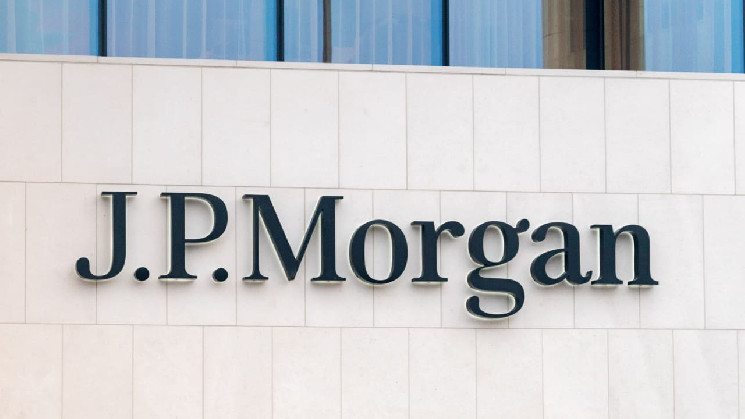JPMorgan Chase & Co., a well-known American Investment Bank has found itself in hot water as it faces a $348.2 million fine by two US bank authorities.
Banking Giant Facing Allegations of Financial Misconduct
According to the announcement, the Federal Reserve in collaboration with the Office of the Comptroller of the Currency (OCC), imposed this penalty on the banking giant for failing to appropriately supervise both firm and client trading activity for market misconduct.
The regulators stated that the misconduct took place between 2014 and 2023, almost a decade long. Specifically, the OCC highlighted JPMorgan’s failure to monitor billions worth of deals across at least 30 worldwide trading venues. This shortcoming, they emphasized, allowed possible abnormalities to go undetected and uncontrolled.
JPMorgan has, however, maintained that it discovered the issue internally, and claimed to be actively working to resolve it. A representative for the bank gave statements that there was no evidence of willful misbehavior by personnel or any negative impact on clients or the financial market.
Despite these arguments, the amount of the fine issued against JPMorgan highlights the gravity of the breaches in its monitoring protocols.
JPmorgan Chase’s Growing List of Financial Sanctions
It is worth noting that the $348.2 million fine adds to the Bank’s growing list of sanctions in recent years. In February, JPMorgan disclosed that it expects to pay around $350 million in civil penalties for failing to report incomplete trading data to surveillance platforms. At the time, JPMorgan added that it was in talks with another unnamed regulator, implying that further consequences may be on the way.
In 2020, JPMorgan agreed to pay almost $1 in fines after admitting to violations related to commodity market manipulation investigations. Moreover, the bank also agreed to a $200 million settlement in 2021, to address civil accusations brought by two other regulatory organizations over record-keeping misconduct.
Notably, this recurring pattern shows concerns in the broader industry about the effectiveness of Wall Street’s supervision procedures. Nonetheless, the OCC’s most recent order requires JPMorgan to revamp and improve its trade monitoring program. Furthermore, the bank must conduct a thorough third-party evaluation of its monitoring policies and seek regulatory clearance for any new trading venues.

